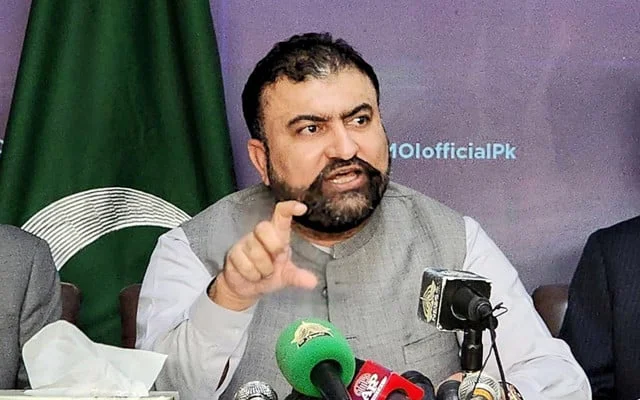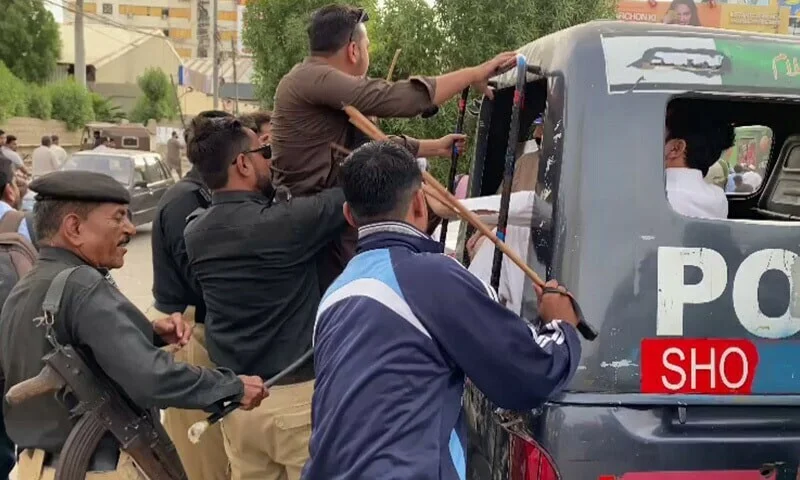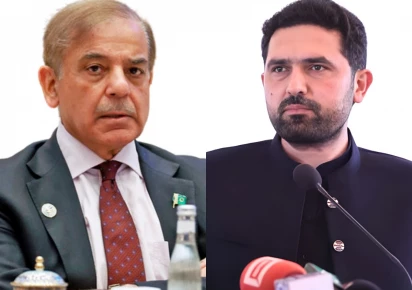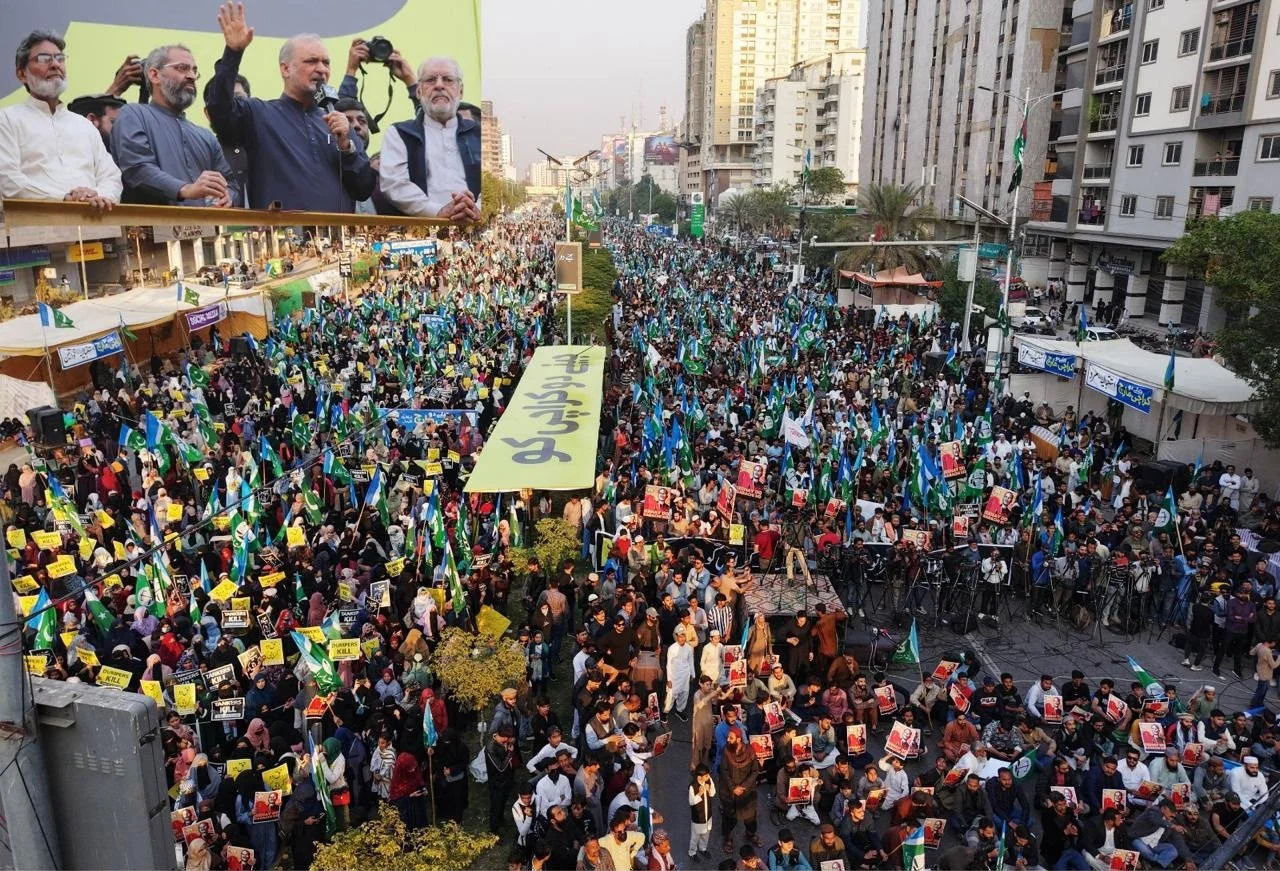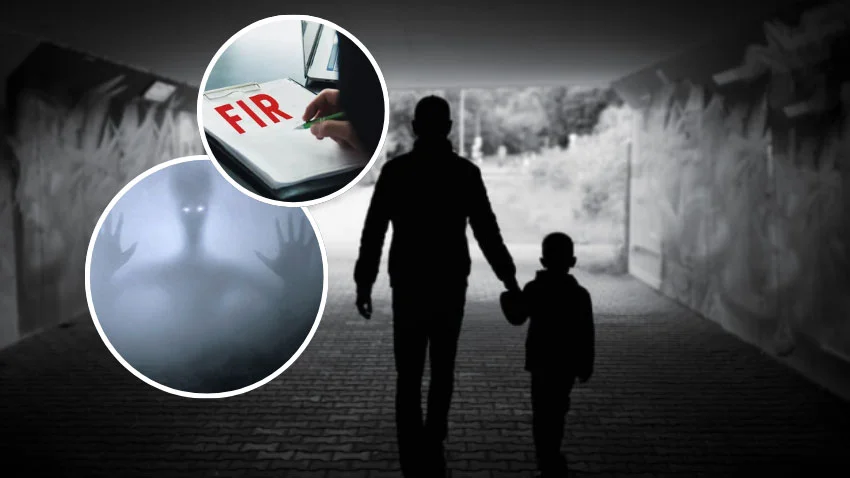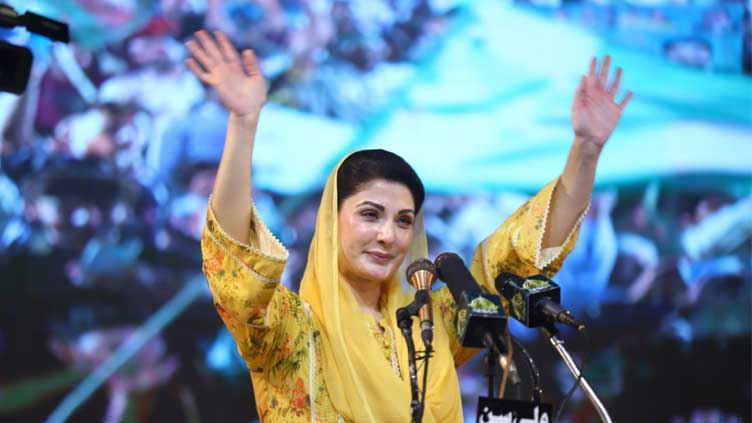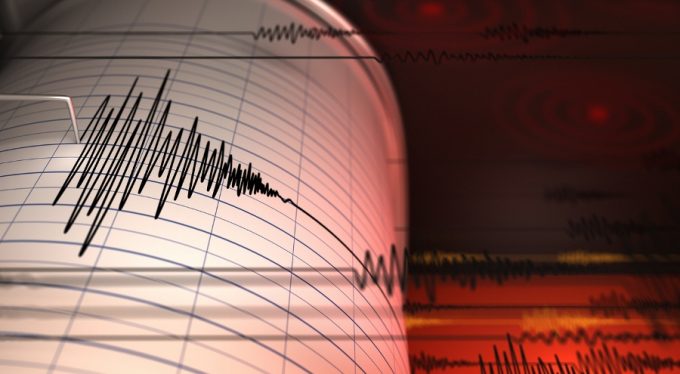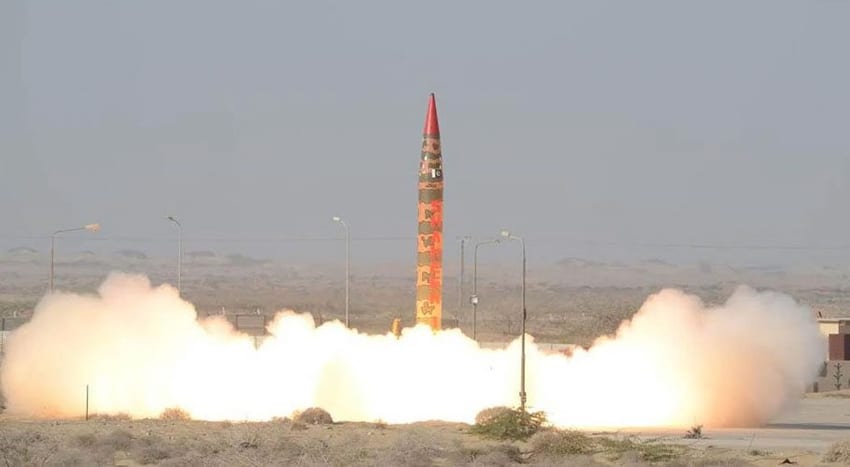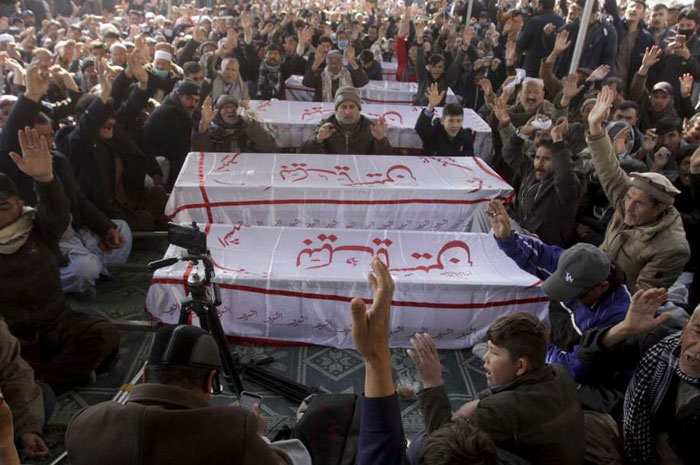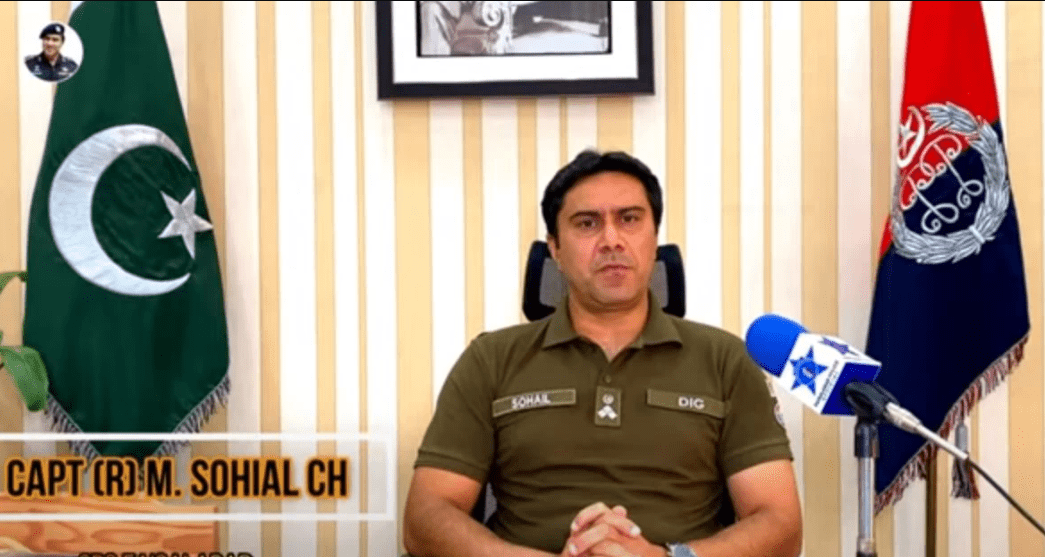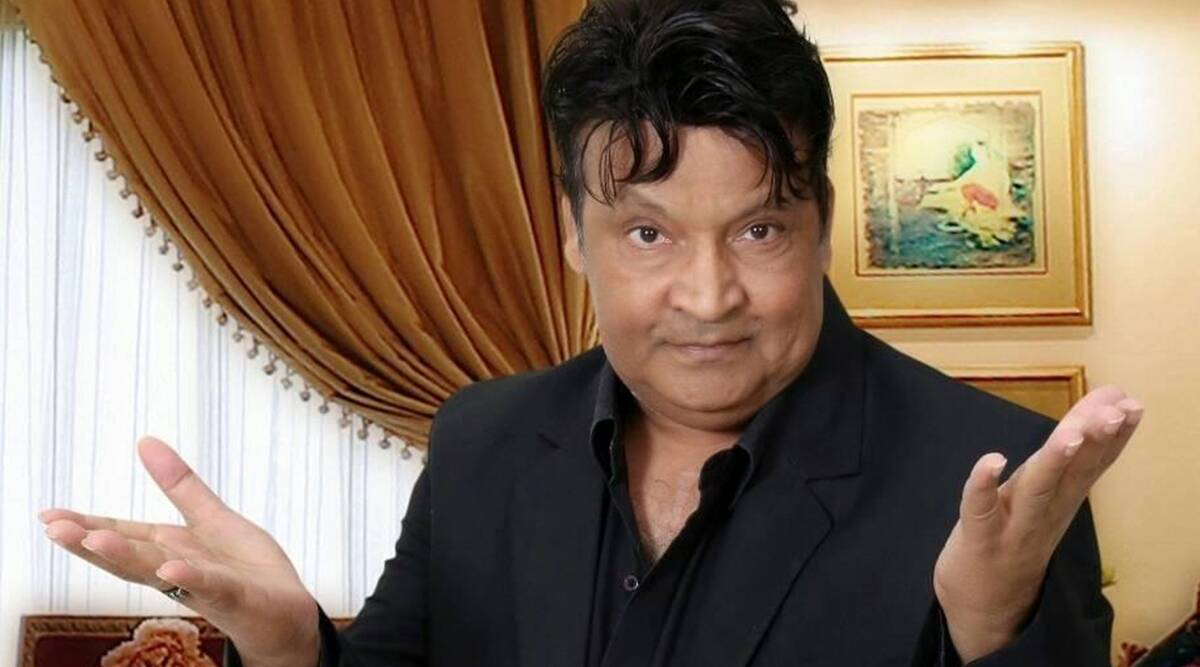All eyes on apex court as Army Public School attack hearing resumes with PM Imran present
Published On 05 Jan, 2023
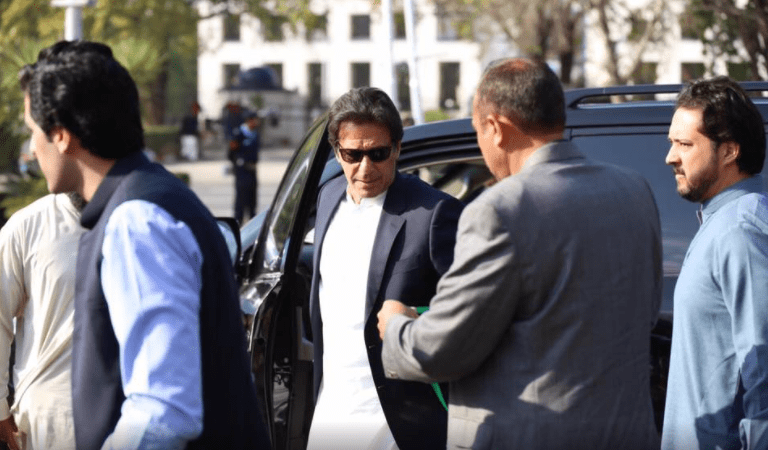
All eyes are on the Supreme Court as it resumes hearing into the Army Public School (APS) attack case following Prime Minister Imran Khan's arrival.
A total of 147 people, 132 of them children, were martyred when Tehreek-i-Taliban Pakistan (TTP) militants stormed the APS-Warsak School, in Peshawar, in 2014. The government is in talks with the TTP over a "reconciliation process", with the Information Minister Fawad Chaudhry having announced on Monday that a "complete ceasefire" had been reached with the banned outfit.
A three-judge bench headed by Chief Justice of Pakistan (CJP) Gulzar Ahmed, and comprising Justice Qazi Mohammad Amin Ahmed and Justice Ijazul Ahsan had summoned the prime minister around 10 am. He arrived at the court roughly two hours later, just before noon.
The hearing resumed with the prime minister present in courtroom no. 1 along with a number of lawyers, security personnel, and families of APS attack victims and PTI ministers, including Sheikh Rashid Ahmed and Fawad Chaudhry.
"The satisfaction of the parents [who lost their children in the APS attack] is necessary," said Justice Ahsan addressing the premier.
The chief justice asked the prime minister to inform the court of the work being done by his government regarding the APS case.

Court summons PM
During the last hearing, the Supreme Court bench headed by Chief Justice of Pakistan (CJP) Gulzar Ahmed, had directed the attorney general to inform the court about the steps taken by the government to redress the grievances of the parents of children martyred in the attack on APS on Dec 16, 2014.
In today's hearing, the chief justice asked Attorney General Khalid Jawed Khan whether the prime minister had read the court's order in which he had directed the AG to take action on the complaints of the victims' parents.
At the last hearing, the chief justice had assured the parents of the victims of the court's assistance in their efforts for acceptance of their demands.
"The AG has been put on notice on the complaints and asked to take action, as required by the law, and if those who have been named are found guilty of negligence in the performance of their duties, necessary measures should be taken," an order dictated by the chief justice said.
The court emphasised that unless some drastic efforts were made, the petitioners would not be satisfied.
During the proceedings today, the AG informed the court that the order had not been sent to the premier, adding that he would inform PM Imran about it.
"Is this the level of seriousness?" CJP Ahmed asked. "Call the prime minister, we will talk to him ourselves. This cannot go on."
The AG, on behalf of the government, said that "we accept all our mistakes".
The parents had demanded the registration of a first information report (FIR) against those civilian and military officials who, they believe, were responsible for security measures at the school, at the last hearing.
During the proceedings today, the AG said "no FIR could not be registered against higher-ups".
Where does the intelligence go?
"Where do the intelligence [agencies] disappear when it comes to the protection of their own citizens?" the chief justice asked. "Was a case registered against the former army chief and others responsible?"
The attorney general replied that the inquiry report did not find anything related to the former army chief and former director-general of the Inter-Services Intelligence (ISI).
At this, CJP Ahmed remarked, "There is such a huge intelligence system in the country. Billions of rupees are spent on it. There is also a claim that we are the best intelligence agency in the world. So much is being spent on intelligence but the results are zero."
Justice Ijazul Ahsan said the institutions "should have known there would be a reaction to the operation in tribal areas".
"The easiest and most sensitive target were children," he added.
Talks with TTP
Justice Qazi Mohammad Amin Ahmed observed that there were reports the government is negotiating with some group — an apparent reference to the Tehreek-i-Taliban Pakistan (TTP).
"Is it not the state's job to go after and catch the true culprits?" he questioned.
Chief Justice Ahmed remarked that the court "could not leave children to die in schools".
Action had been taken against the school's guards and soldiers, however, the accountability process should have started from the top, he added.
"The higher-ups took salaries and benefits and left."
Justice Ahsan said it was "not possible that the terrorists did not have inside support" and termed the attack a "failure of security".
Judicial commission report
On Oct 5, 2018, former chief justice of Pakistan Mian Saqib Nisar had appointed a judicial commission to probe the massacre, asking the late Peshawar High Court chief justice Waqar Ahmed Seth to nominate a PHC judge for the task.
Justice Mohammad Ibrahim Khan of the Peshawar High Court conducted the proceedings and presented the commission's report, which the Supreme Court ordered to be made public.
The commission observed in its 525-page report it was regrettable that the APS episode had tarnished the image of the armed forces. It took to task the Askari Guards, as well as the other guards on duty, for "inertia in the face of initial heavy firing by the terrorists".
The commission's report consisted of statements by the bereaved families, evidence given by the bureaucracy, the police and the military. It made a special mention of “the belated response” to the assault by the security detail and highlighted the grievances shared by parents of the Shuhada (martyred students).
"Had the force shown a little more response and could engage the militants in the very beginning of the attack, the impact of the incident might have been lesser," the report observed.
It praised the MVT-2 and the Quick Response Force for blunting the terrorists' advance towards a student block through their prompt action.
"Our country was at war with an enemy which carried out occult activities and let loose terrorism which hit the highest point in 2013-14," the report recalled. But it does not mean that our "sensitive installations and soft targets could be forsaken as a prey to terrorist attack", the commission stressed.
The report was submitted to the SC on July 9, 2020, and in August 2020, the apex court had ordered the AG to get instructions from the federal government on the report.
In September 2020, the SC had ordered the government to make the report public.
